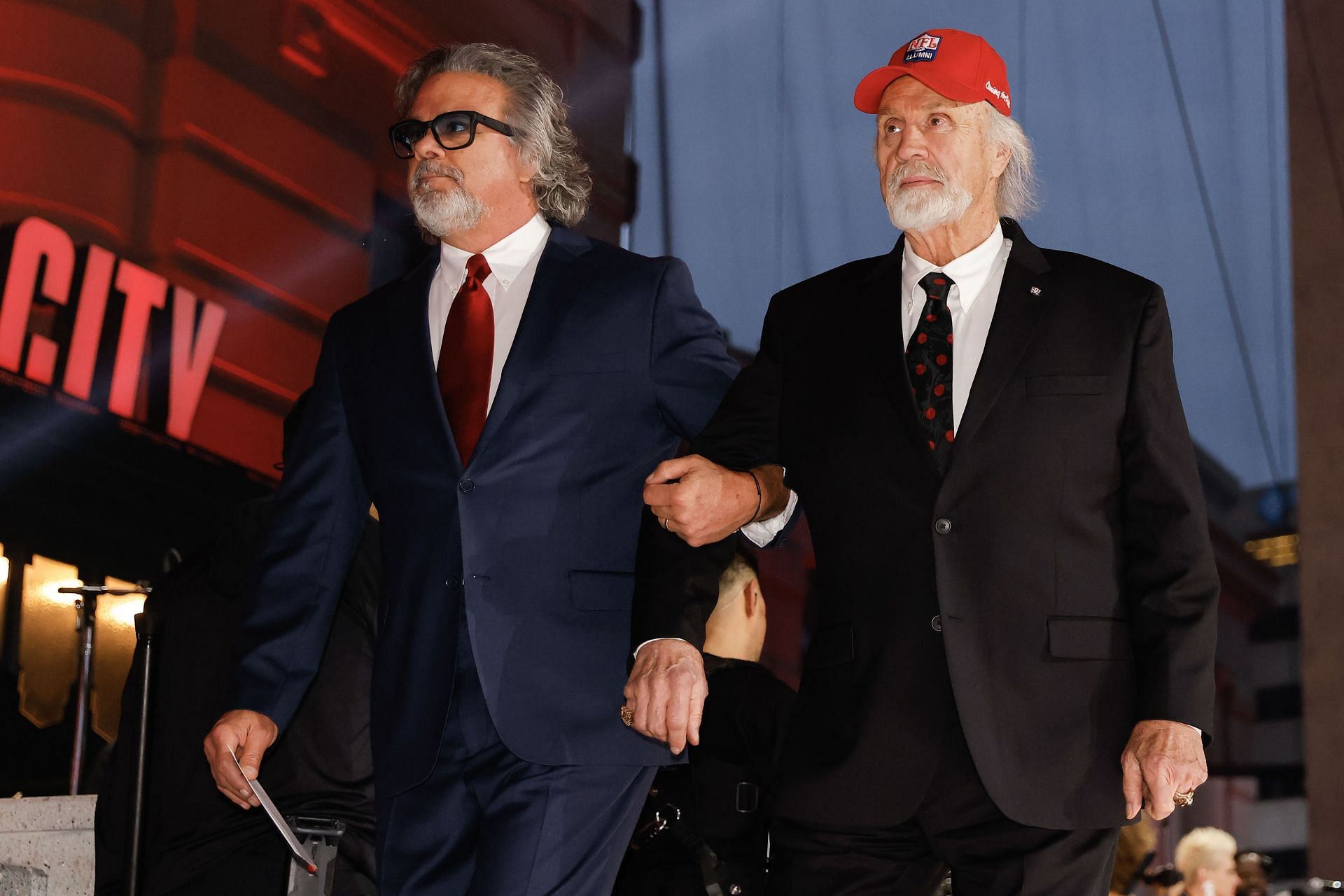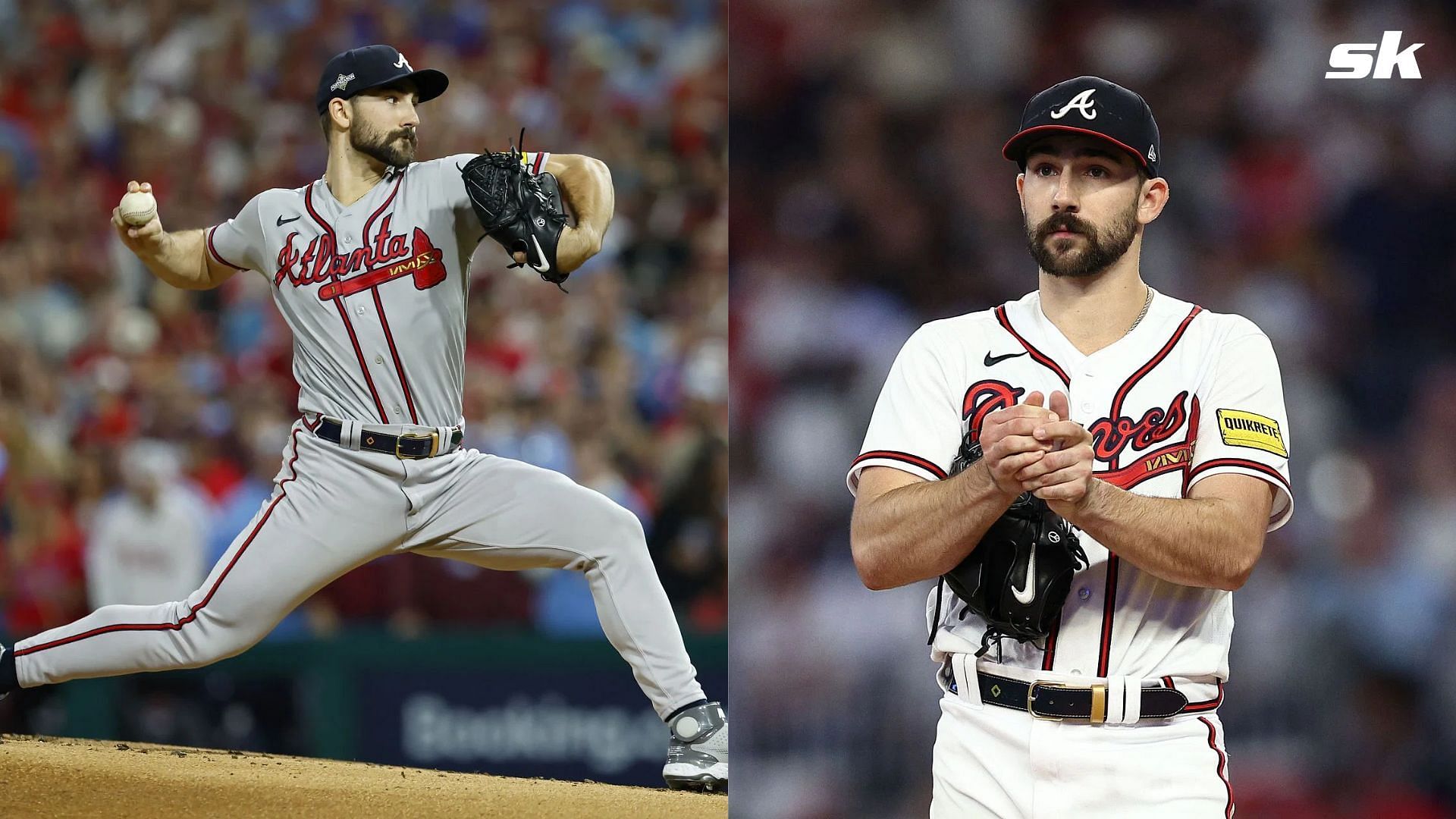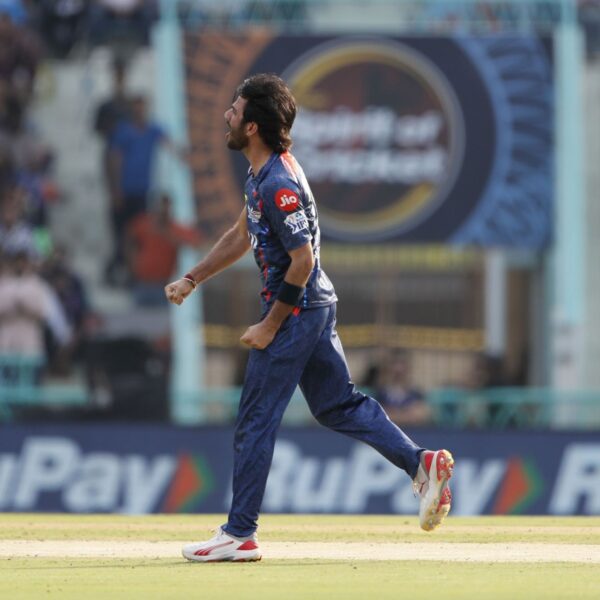Few poker players know what it takes to navigate massive tournament fields better than someone who has reached the World Series of Poker Main Event final table twice.
Last month, Kenny Hallaert joined a small and exclusive group of players who have done just that. Hallaert finished in fourth place out of 9,735 players for a $3 million payout.
In 2016, he finished sixth out of a field of 6,737.
What are the keys to his success? Hallaert sat down with Deadspin to share the most important qualities a poker player should have to make consistent deep runs in large tournament fields.
1. Patience
Deep runs in the Main Event aren’t about fast starts or early fireworks. They’re about grinding through days of play, waiting for the right opportunities and not forcing the action.
“Patience is a key factor to all of it,” said Hallaert. “You can’t collect all the chips on any of the first nine days. It’s just not going to happen. It’s fine to just let a few marginal spots go and try to avoid playing big pots.
“I had one-sixth of a starting stack somewhere on Day 1 this year. I still had 20 big blinds and never panicked.”
2. Experience
The Main Event’s two-hour levels are a game-changer. Players with years of experience in this format, like Hallaert, understand the pacing and can stay calm in spots where others lose their cool.
“Because I’ve been in that spot multiple times, the experience definitely helps,” he said. “There’s not a single tournament that has a similar structure.
“With 20 big blinds in the Main Event, if you’re card dead for the next hour, you’re still going to have a workable stack. In pretty much every other event, you’d be in danger.”
3. Emotional control
Bad beats are inevitable. The players who go deep consistently are the ones who can accept variance, let go of frustration and focus on the next hand.
“I’m focusing on the things I can control and I’m completely ignoring the things I can’t control,” said Hallaert. “Emotional control is definitely a key factor in making runs in the Main Event.
“In the history of poker, I don’t think shouting for a specific card has helped the outcome of the board. Whatever’s gonna happen is gonna happen.”
4. Soft skills
Technical skill is valuable in poker, but soft skills can take a player to the next level.
“To be a good poker player, you don’t only need to be good at poker. There are a lot of soft skills, like patience, perseverance, bankroll management and self-control,” Hallaert said.
“There are so many great players out there better than me, but they just can’t handle the emotions, and sooner or later they step out of the game. My soft skills have helped me create a path in the poker world.”
5. Stamina and preparation
Two weeks of poker requires marathon-like endurance. The best players plan for rest, conserve energy and know how to pace themselves.
“It is a long grind. Your brain has been doing overtime, especially the deeper you go,” Hallaert said. “I never take days off from poker (during the summer), but I actually do take a day off between Day 2 and Day 3 of the Main every year.
“By the time you get to Day 8, you’ve been playing six days straight, and you’re still not at the final table. There’s definitely some tiredness. A lot of the players in the final stages don’t sleep that much.”
6. Passion for the game
In a game where variance is brutal and downswings are inevitable, passion and love for poker is what keeps players coming back.
“If you don’t like the game, you’re not going to survive. It’s impossible. You have to be passionate about it,” Hallaert said.
“Poker has taken up so much of my life and I still enjoy it. As long as I have a few chips and some cards in front of me, I’m a happy guy.”
Hallaert offered this final piece of advice for newcomers playing their first WSOP Main Event:
“Obviously, you’re going to have the dream (of winning) if you play it for the first time, but it’s going to be hard to win it on your first ride.
“Enjoy the whole experience. Don’t be sad when it’s over, but be happy because it happened.”














